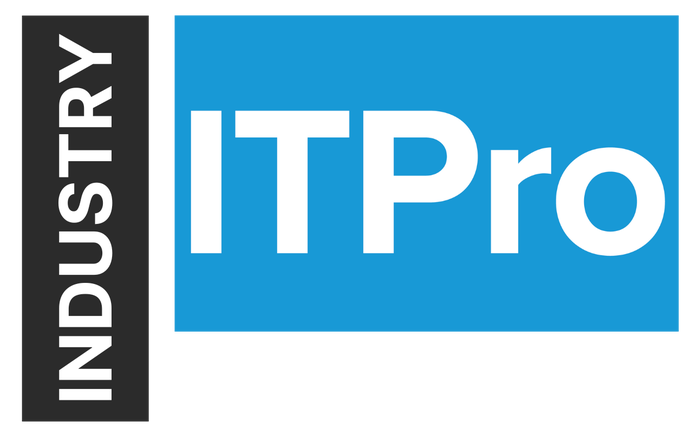
Insight and analysis on the information technology space from industry thought leaders.
How AI Empowers CIOs to Enhance Financial PerformanceHow AI Empowers CIOs to Enhance Financial Performance
Automation can elevate CIOs to strategic roles within organizations, allowing them to focus on tasks that drive revenue and innovation.
October 23, 2023

The rapid rise of generative AI, including Google's conversational AI software Gemini and OpenAI's GPT-4, presents an important opportunity for CIOs. Leveraging these new technologies, alongside other digitization, empowers them to elevate their roles and positively impact their businesses' bottom line.
Over the next 12 to 18 months, 60% of CIOs surveyed for the latest PWC Pulse Survey plan to invest in new technologies, including AI and cloud, and 58% are investing specifically in GenAI. These tools promise to streamline processes and boost efficiencies, unleash powerful data insights for decision-making, and enhance collaboration. The benefits enable CIOs to shift their role to one that is more strategic. They are able to balance a full plate of operational and strategic responsibilities and turn their focus to driving financial performance for their organization.
Here's a look at how automation can position CIOs as strategic partners in the organization, freeing time for talent acquisition and training, data analysis, and the creation of more efficient workflows and processes.
Automation Drives Revenue by Empowering CIOs to Focus on Their People
As CIOs adapt to a strategic operating model, there's increased importance on ensuring the team has the skills they need to drive revenue. Investments in automation can help free people from the repetitive, manual aspects of their work, including tedious coding, IT support, and back office tasks, but they require digital capabilities and fluency that many lack.
In fact, 70% of tech company leaders surveyed by Nash Squared for its Digital Leadership Report said that a skills shortage prevents them from keeping up with the pace of change, the highest level reported since the survey originated 24 years ago. In addition to this, 62% of leaders surveyed said they fear they'll never have enough staff to keep up with the work.
Digitization grants CIOs the time and budget to address these upskilling and recruiting challenges. They can develop training opportunities, including workshops, online courses, and mentorship programs, that give current teams the skills and confidence they need to leverage AI-driven solutions and take on greater responsibilities. A more modernized work environment, equipped with tools and support that advance careers and lead to better job satisfaction, will help them attract more digital-savvy talent, fortifying their organizations and enabling continual growth and innovation.
AI Transforms Workflows to Boost the Bottom Line
A 2023 report from McKinsey suggests that current generative AI and other emerging technologies have the potential to automate work activities that consume 60-70% of employees' time. With fewer tasks to do and more efficient processes in place, people can handle greater workloads in less time, without the need for additional hiring. In fact, the report predicts that the technology's impact on productivity could add trillions of dollars in value to the global economy.
Not only are people more productive when they leverage automation, they are able to take on strategic responsibilities and work more collaboratively across the organization to drive business initiatives. No-code tools empower them to work smarter, better serve customers, and create customizable workflows without the need for IT support. Further, elevated roles can foster financial growth. For instance, back-office staff can spend more time cultivating important relationships and identifying new revenue opportunities. IT staff can also move away from lost password requests in order to work on optimizing infrastructure and integration while also reimaging business processes.
There are also cost savings benefits with investing in automated software that resides in the cloud. Automated cloud solutions protect the bottom line by eliminating costly paper processes, such as invoicing and cutting and mailing paper checks. The solutions also reduce overhead expenses by enabling people to work remotely rather than be tethered to expensive office space every day of the workweek.
The savings associated with digital transformation, specifically automation, can be reinvested into the business, empowering leaders to fuel growth and allow for continual innovation.
Automated Tools Harness Data and Provide Game-Changing Business Insights
In addition to driving productivity, automation empowers CIOs to enhance financial performance through the data and analytics it reveals.
Looking at massive amounts of financial and customer data, AI and machine learning can identify data and patterns that humans may not uncover on their own. It can predict outcomes and provide important insights that can be used to guide business strategies and spot opportunities for improvements as well as new revenue streams.
GenAI tools democratize the data and insights, enabling not only technical, but business users to make use of them. They can better collaborate to help steer important business decisions, allow for quick pivots, and pave the way to a stronger future.
Embracing AI to Enhance Performance
Automation is a powerful tool in a CIO arsenal, enabling leaders to excel at a newly expanded, more strategic role that requires them to ensure maximum return on investment from technology. Further, automated tools provide them with the ability to positively impact the financial performance of their organization through more efficient processes, better collaboration, and timely insights.
By introducing emerging technologies, including generative AI, CIOs are also able to enhance job satisfaction and company culture. They free people from the more mundane processes of their jobs and elevate their roles, while freeing themselves to provide the training and support teams need to continually evolve their work and reveal exciting new opportunities for their organization.
Angelic Gibson is CIO at AvidXchange.
About the Author
You May Also Like






.jpg?width=700&auto=webp&quality=80&disable=upscale)
